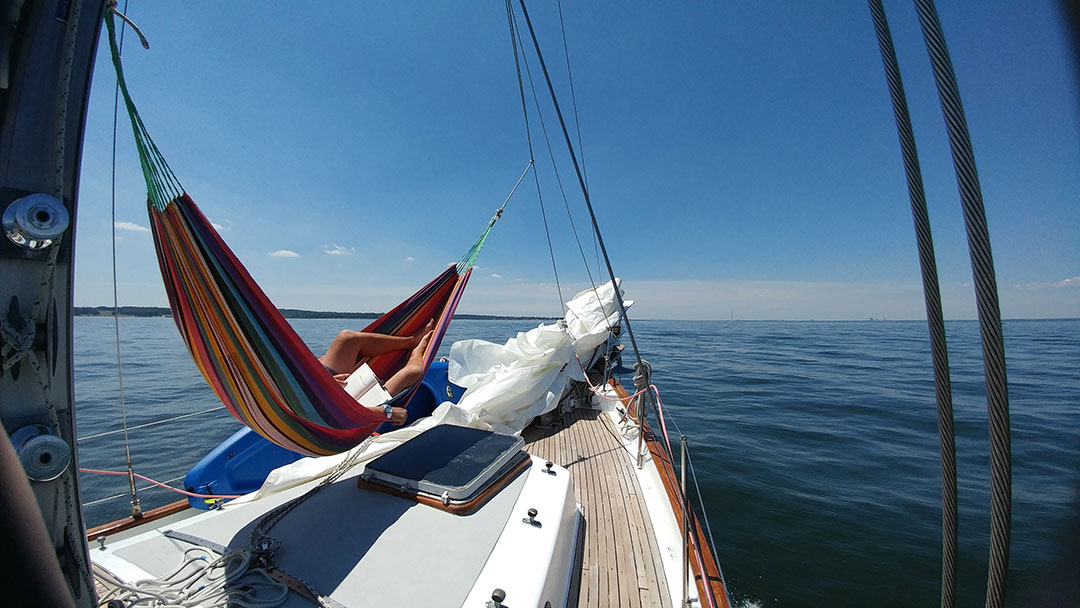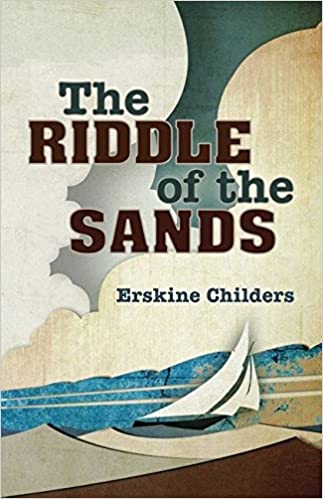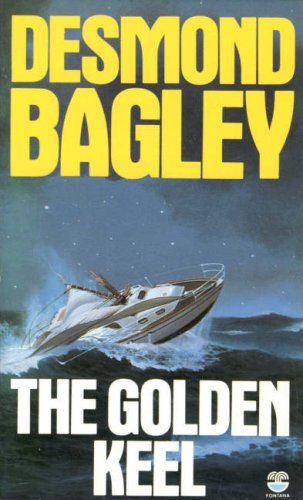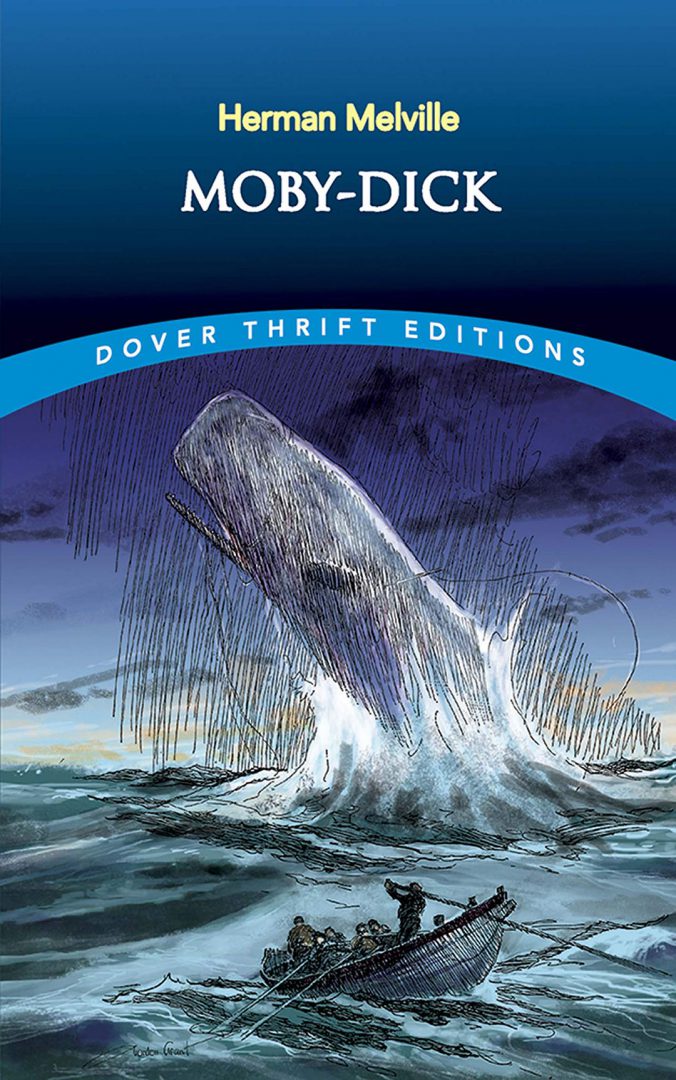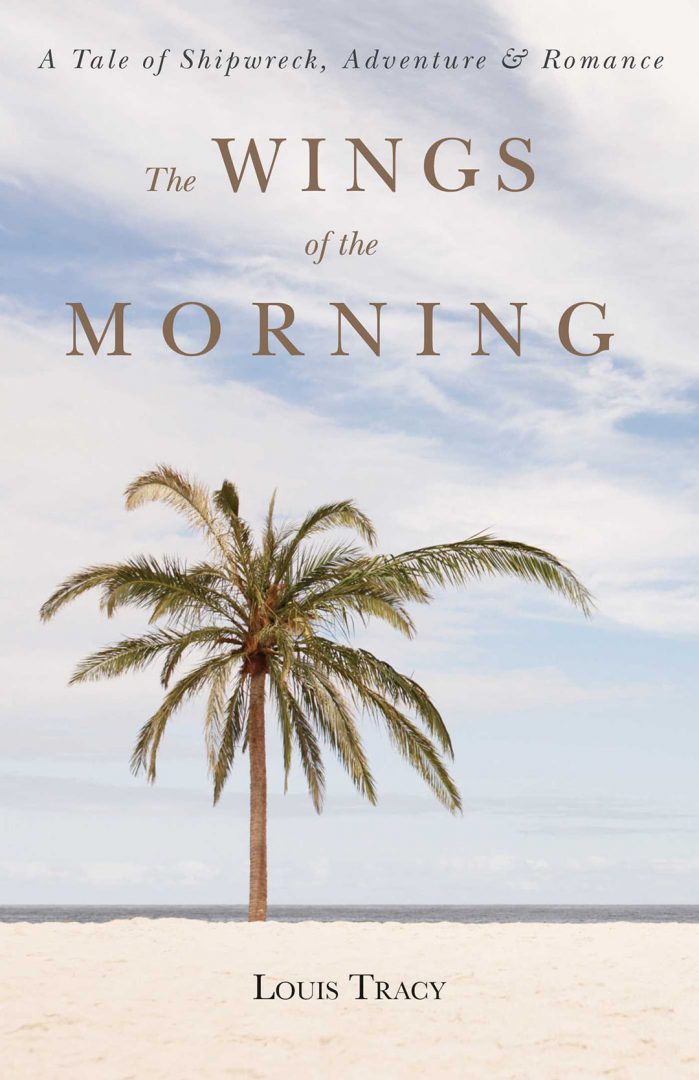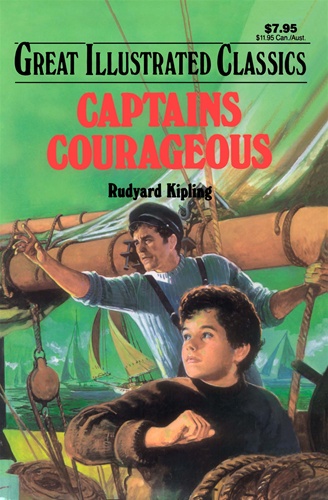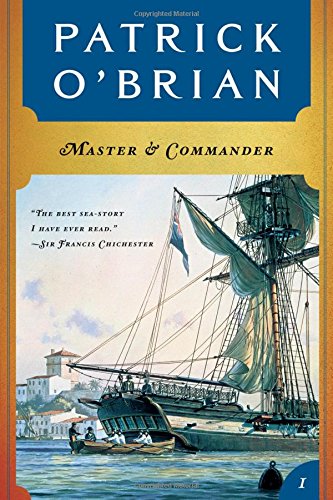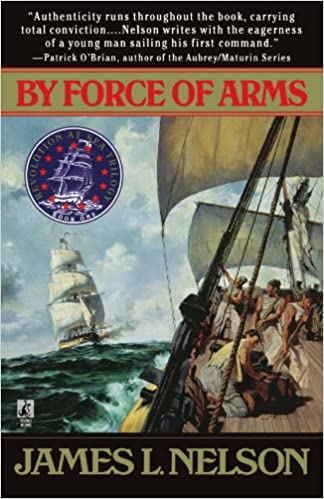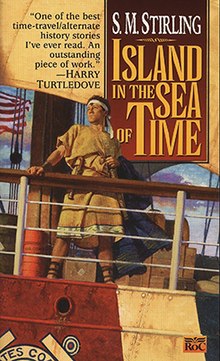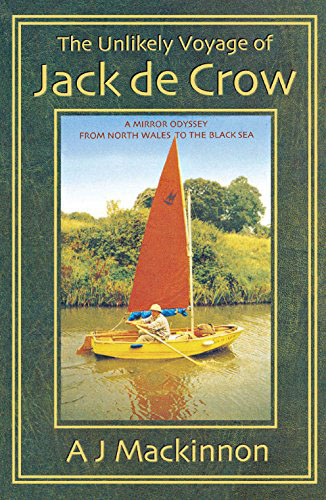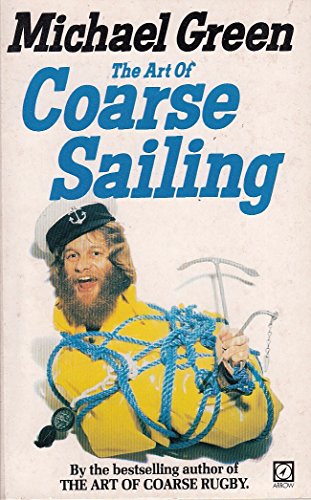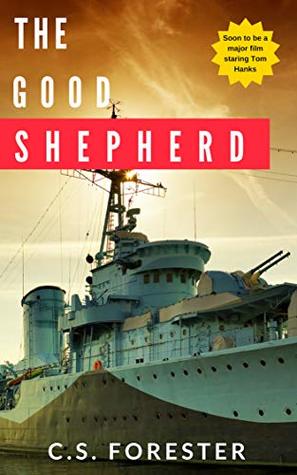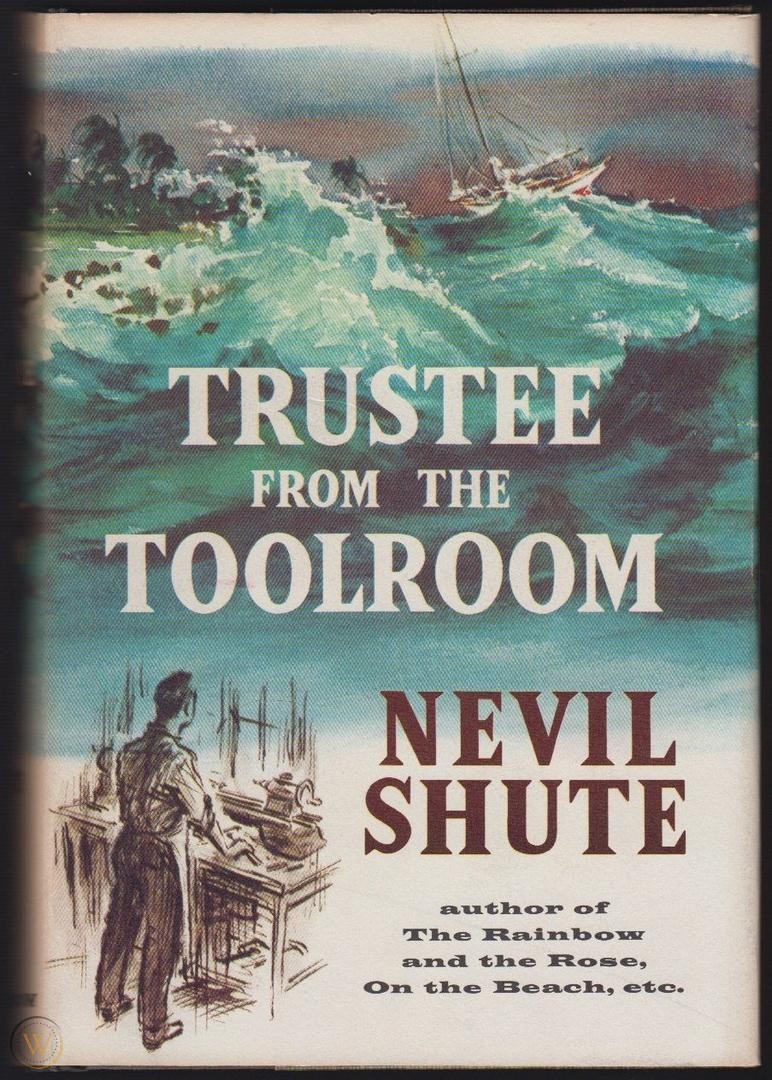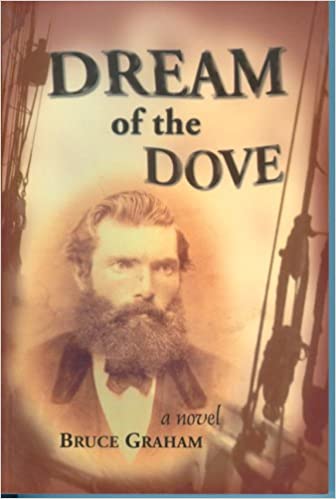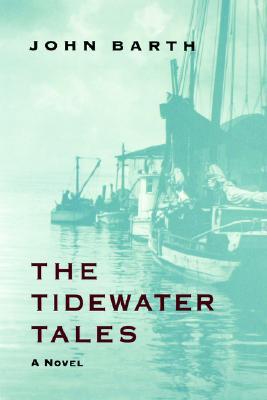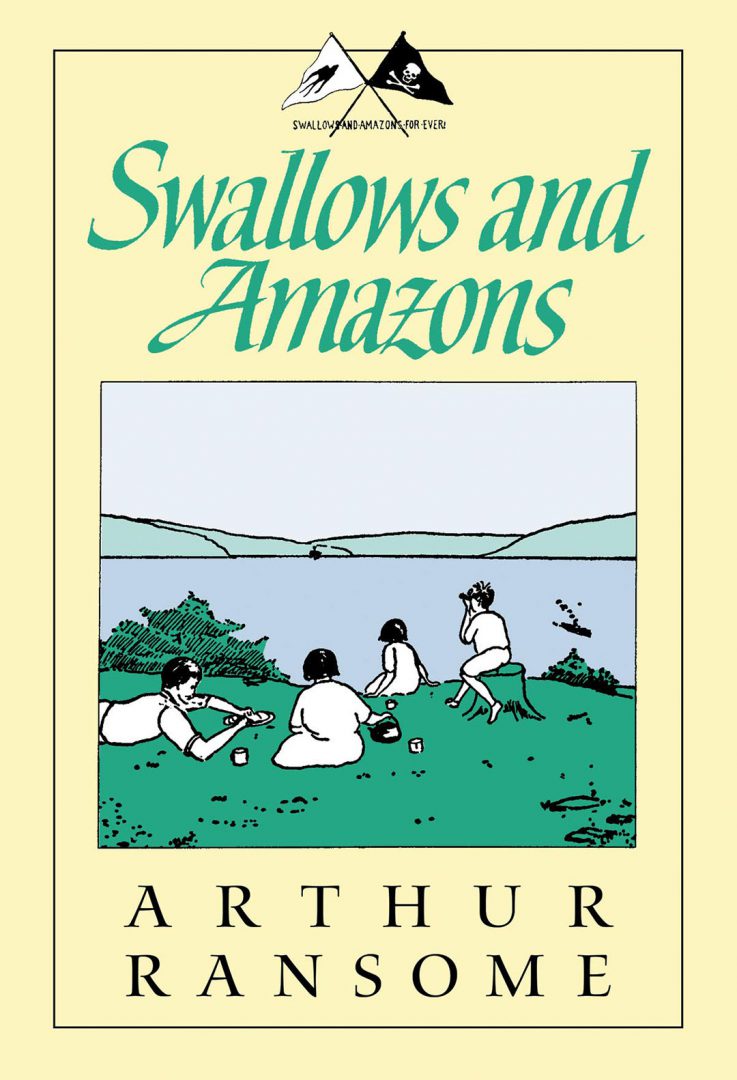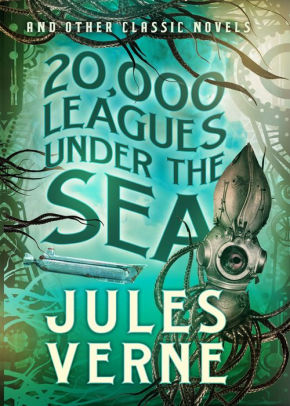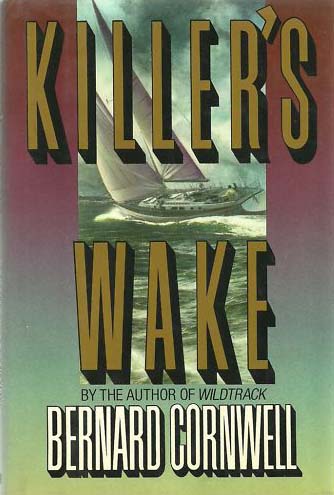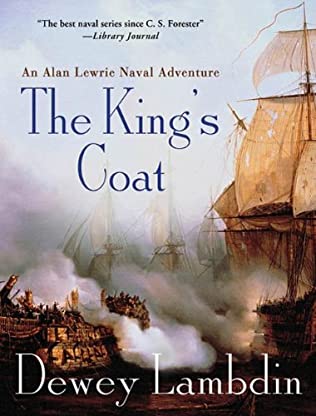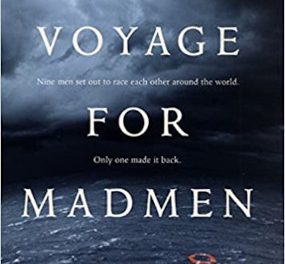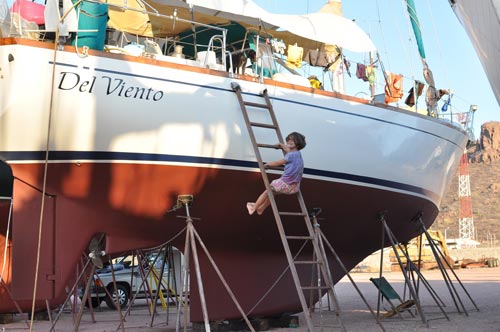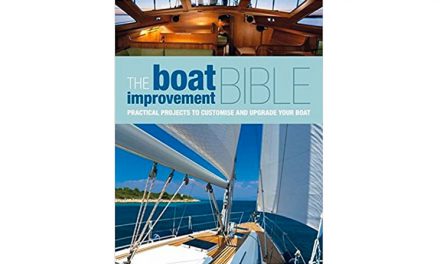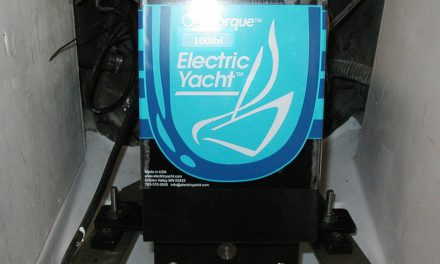PC and Wishy-Washy
Regarding your expressed opposition to the news you reported last month about the National Weather Service changing “Small Craft Advisory” to “Small Craft Warning,” I disagree. Wasn’t “Small Craft Warning” the norm when I grew up? “Advisory” always sounded PC and wish-washy. We lost a mother and her 8-year-old son in a canoe when it was blowing 30 knots on Chesapeake Bay this spring. “Warning” cannot be emphasized too strongly, nor can “small craft.” The coda, “…if you are an inexperienced mariner…” is equally subject to misinterpretation. I like the gale warning: “seek safe harbor or remain in port.”
—Ken Gummerson
Gold Earring
I much enjoyed reading last month’s nautical trivia about sailors piercing their ears for the express purpose of sticking precious metals in the hole to improve their eyesight. I read that in ancient Hellenic times, mariners in the Mediterranean wore a silver or gold ring in their ear for the express purpose of sticking a precious metal in the hole, because said metal would serve as a reward to anyone who recovers their corpse after drowning, in hopes they get a burial.
—Joanthan Wexler, Portugal
Summer Reads
Last month, I put it to the readers about sailing fiction. I asked for your favorite books in this narrow genre, and promised to share my own.
I’m surprised by the suggested reads—surprised at the number of recommendations that are for books written so long ago. I thought Justin Scott’s popular The Shipkiller was old, published in 1978, but not anymore. I’m also surprised at the number books that fall into what I’ll call “square-rigger fiction.” I understand the success of the Master and Commander series, but hoped to see more modern “Marconi-rig fiction” recommended. I’ll put my thumb on that scale with my recommendation…
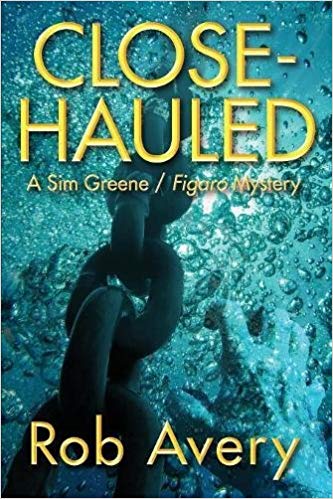 Before I continue, full disclosure: Rob Avery is a friend, but I didn’t know him from Adam when I first read his first sailing crime drama, Close Hauled. Here is how I summed that book up in my review for Good Old Boat:
Before I continue, full disclosure: Rob Avery is a friend, but I didn’t know him from Adam when I first read his first sailing crime drama, Close Hauled. Here is how I summed that book up in my review for Good Old Boat:
“This is a crime mystery filled with Southern California liveaboards, sailboats, powerboats, cruising dreams, and a victim’s body, discovered by our protagonist off the harbor jetty in the opening pages. From there, author Rob Avery unfolds a smart whodunit with impeccable timing, dead ends, creative twists, the right pace, and a cast of salty characters who propel the story with ample dialogue.”
I loved the book, still do. If J.D. MacDonald’s Travis McGee is your thing, Rob Avery’s Sim Greene will please you greatly. And the good news is that Rob’s book is the first in a series. Broad Reach followed Close Hauled and fans like me are eagerly awaiting the third in the series, Dead Downwind.
So that’s my summer reading recommendation, let’s get to yours. A couple of books in particular are mentioned several times. I’m going to give Tom White the first word because he’s on a quest, and I hope one of us can help him. If you have any clues or insight, please send me an email (michael_r@goodoldboat.com) and I’ll let Tom know.
—Michael Robertson, Editor
***
In about 1949 or 1950, when I was in the third or fourth grade, I read a book that piqued my interest in sailing. It was about a family of children who sailed down the ICW to Florida, avoiding any well-meaning adults who might interfere. I can’t remember why the parents were out of the picture and if I recall correctly, the objective was to visit an aunt in Florida. I read it several times and wrote a book report about it. Yet, over the years I forgot the title and have long struggled to remember the name of the book, without success. I’m hoping you or one of your readers knows of the book.
—Tom White, Precision 28, sailed on Grand Lake O’ the Cherokees in Oklahoma
I would like to nominate The Riddle of the Sands, by Erskine Childers. It’s a great sailing thriller. Interestingly, the author was executed by the English for being an Irish spy.
—Bob Frodsham
Riddle of the Sands, by Erskine Childers
—Steve Z., Manatee, 14-foot Peep Hen Catboat, Manassas, Virginia
Sailing books, a topic close to my heart! There have been many good books written by or about sailing and sailors, and there have been many that are completely forgettable! Some of my favorites include: The Golden Keel, by Desmond Bagley (written in 1963 and the story of smuggling gold out of Italy); The Bolitho novels, a series of 30 books on a midshipman-to-admiral in the British navy under sail, written by Douglas Reeman. The same author also wrote a series on the same topic under the name Alexander Kent. He also wrote a number of adventure books on the Navy in WWII.
—Bert Vermeer, Natasha, Sidney, British Columbia
Call me Ishmael.
—D. Toogood, Erieau, Ontario
Hands down, my all-time favorite is Moby Dick. I first read it as a teen and just finished re-reading it at 74—and it’s still as intriguing as ever. My second choice are any of the books by C.S. Forrester.
—Pete Begich, Arizona
The Wings of the Morning, by Louis Tracy: first published in 1924, might be hard to find, but worth a read. Also, we love anything by Tristan Jones or Nicholas Monserrat.
—Linda & Rob Adams, Horseshoe Bend, Idaho
My list of favorites:
The Odyssey, by Homer.
Moby Dick, by Herman Melville.
Mutiny on the Bounty, by Charles Nordhoff.
Captains Courageous, by Rudyard Kipling.
Riddle of the Sands, by Erskine Childers.
And, of course, the whole Patrick O’Brian oeuvre.
—Kenneth Avery Ringle
The whole Patrick O’ Brien series is great, for the richness of the characters and for the view into the lives of the people of this era.
—John Blazys, Milford, Massachusetts
My favorites are James L. Nelson’s Revolution at Sea series. By Force of Arms starts it off.
—Carol Newman Cronin, Jamestown, Rhode Island
Readers, consider giving a little weight to Carol’s recommendation as she’s a nautical fiction author. We’ll be reviewing her fourth novel, Ferry to Cooperation Island, in an upcoming The Dogwatch. Last month, we reviewed her novel, Game of Sails. And Carol doesn’t just write, she can sail circles around most of us. She competed for the USA in the 2004 Olympics as a sailor, won two races in Athens. She’s sailed across the Atlantic and won the 2018 Snipe Women’s Worlds. —Eds.
S.M. Stirling’s trilogy begins with Island in the Sea of Time, the book that made me want to learn to sail. In short, the island of Nantucket is thrown back to the Bronze Age. The US Coast Guard sailing ship Eagle is passing the island when this happens and is also swept into the past. Accordingly, Eagle becomes the most powerful and sophisticated ship on the planet and the whole series is an homage to the age of sail. I’ve read the series dozens of times and it never gets old.
John Ringo’s Under a Graveyard Sky came out two days after I bought my Newport 30. In the book, a family escapes chaos on land during an apocalypse by sailing away on a sailboat. There is plenty of action and adventure, plenty of combat.
—Lance Hymers
The Unlikely Voyages of Jack de Crow, by A. J. (Sandy) Mackinnon. The author is an Australian who was living and teaching in the U.K., but who is now back in Australia. This inspiring book is about his over-3,000-mile voyage aboard a Mirror dinghy that he restored, a boat that he rowed, sailed, and drifted across the English Channel and through the canals of 12 countries, all the way to the Black Sea—navigating with only a pocket compass. It is the most engaging and thrilling book I have ever read—and one I continue to read, again and again!
—Patricia Lucas, Soleares, Australia
That’s a rousing endorsement, Patricia. Just to clarify for readers, this is a work of non-fiction, not fiction. Maybe we’ll ask about favorite non-fiction voyaging books later. —Eds.
The Art of Coarse Sailing, by Michael Green. This book has made me laugh longer and harder than most I have read. It was originally published in 1962. I like to keep a copy around and it took a while for me to get this one after my last copy went down with the boat in Hurricane Irma.
—Ross Keeble, Tortola, British Virgin Islands
That’s also a rousing endorsement, Ross, and also just to clarify for readers, this is also a work of non-fiction, not fiction. —Eds.
Anything by C.S. Forester, but since Hornblower is so well known, I’ll mention specifically The Good Shepherd. I also like Riddle of the Sands, by Erskine Childers, and Joseph Conrad’s novella, Typhoon.
—Terry Thatcher
Two favorites: Trustee from the Toolroom, by Nevil Shute; and Riddle of The Sands, by Erskine Childers.
—James Doran
Dream of the Dove, by Bruce Graham, is a hidden gem, set during the Civil War, but encompassing the world. There are stunning scenes of the world as seen by Nova Scotia merchant sailors in those difficult days, plus a gripping love story to boot.
—Eric McAllister, Napa,California
John Barth’s The Tidewater Tales is a magical novel published in 1987. It’s about a young couple’s sailing adventures on the Chesapeake aboard their small boat, Story, during their ninth month of pregnancy. As they wander the bay with no GPS and no radio, they encounter some of the great storytellers in western literature. Their experiences are literally fantastic. I’ve read this book three times. I will read it again, I’m sure.
I also love the entire Hornblower saga by C.S. Forester. (I believe there are 12 books in the series.) My wife and I read then all to each other over two years while making cross-country trips from North Carolina to Oregon and back. These stories are wonderful adventures that taught me a lot about sailing. I understand there have been Hornblower movies and TV serials, but they could never spark the imagination like the books did mine.
—Jeff DeBlieu, Three Hearts, Alberg 29, sailing out of Brunswick, Maine
Jeff, you married well. I can’t get my wife to read me even an email when she’s a passenger, car sickness. –Michael Robertson
Swallows and Amazons and the books in that series, by Arthur Ransome. Read them aloud to your children and grandchildren. They will become sailors. Mine did. (Maybe augment with time on the water.)
—Kenneth Gummerson, Baltimore, Maryland
Swallows and Amazons, by Arthur Ransome, is the book that captivated my interest as a young boy in sailing and adventure. Of course, 20,000 Leagues Under the Sea, by Jules Verne, is a classic.
—Chris Jones, Cat-a-list, Page, Arizona
My submission for sailing book is Killer’s Wake (published in England as Sea Lord), by Bernard Cornwell. An English aristocrat is rejected by his family for stealing the only remaining thing of value the family possesses. He sails home for his mother’s funeral and is immediately set upon by several people trying to recover the painting. Our protagonist is in deep trouble… Best thing about this book is that the hero is a world sailor, and the climax involves trying to out-sail bad guys.
Dick Herman’s Caly’s Island is another great read, one that begins when six men who have retired from a variety of interesting careers meet up for a sailing trip…from here an action-packed thriller unfolds.
—Chas Hague, Illinois
Anyone who enjoys C.S. Forester’s Hornblower series or Patrick O’Brian’s books, ought to check out the Alan Lewrie series by Dewey Lambdin. The first is called The King’s Coat and there are 24 books that follow—each one quite enjoyable. Though the level of action and womanizing might mean they are a bit ribald for some.
—Steve Christensen, Inver Grove Heights, Minnesota

